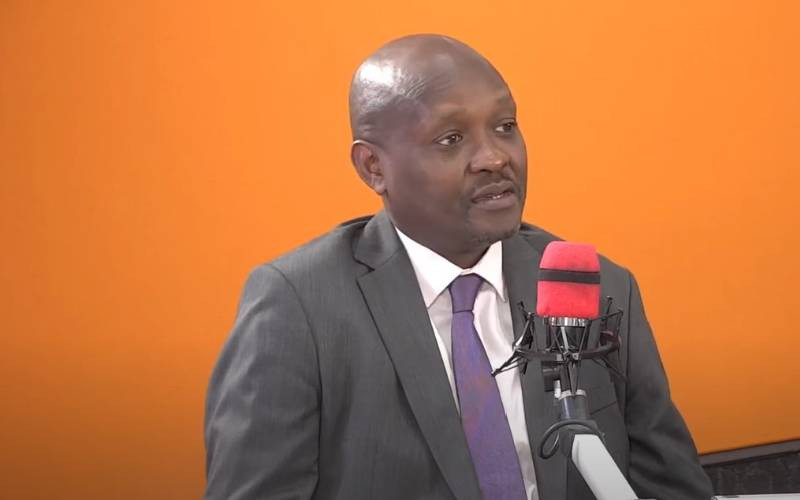×
The Standard e-Paper
Fearless, Trusted News

The government will this year abandon the funding of all students who score C+ plus and above in KCSE exams.
Instead, students will be required to apply to the government to request support to pay their fees.